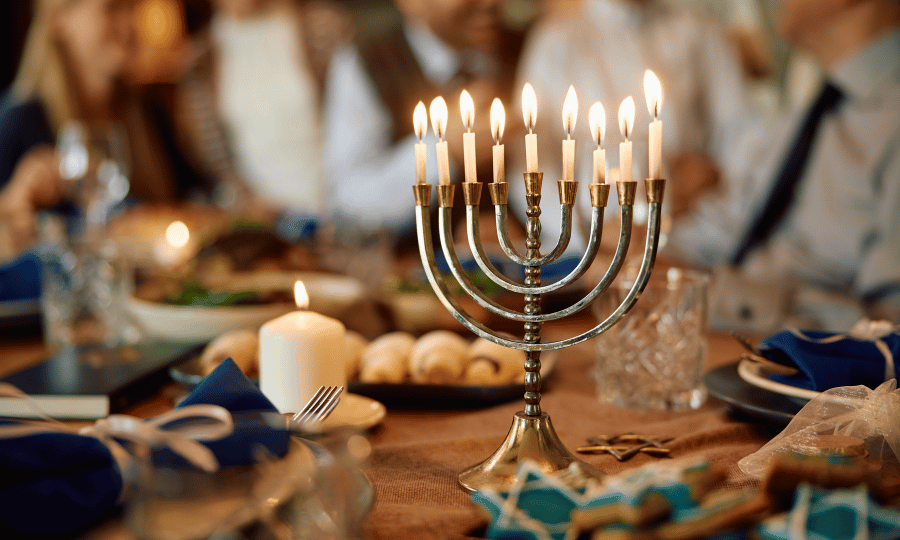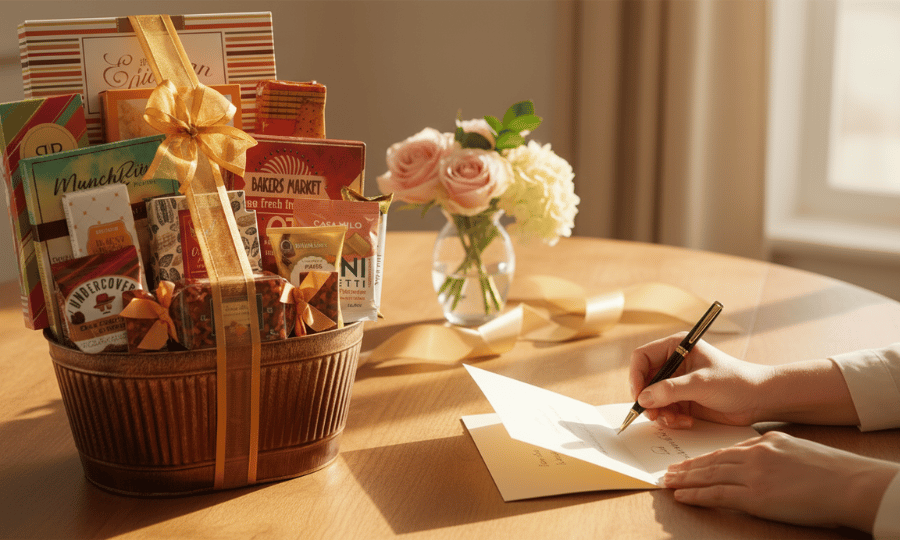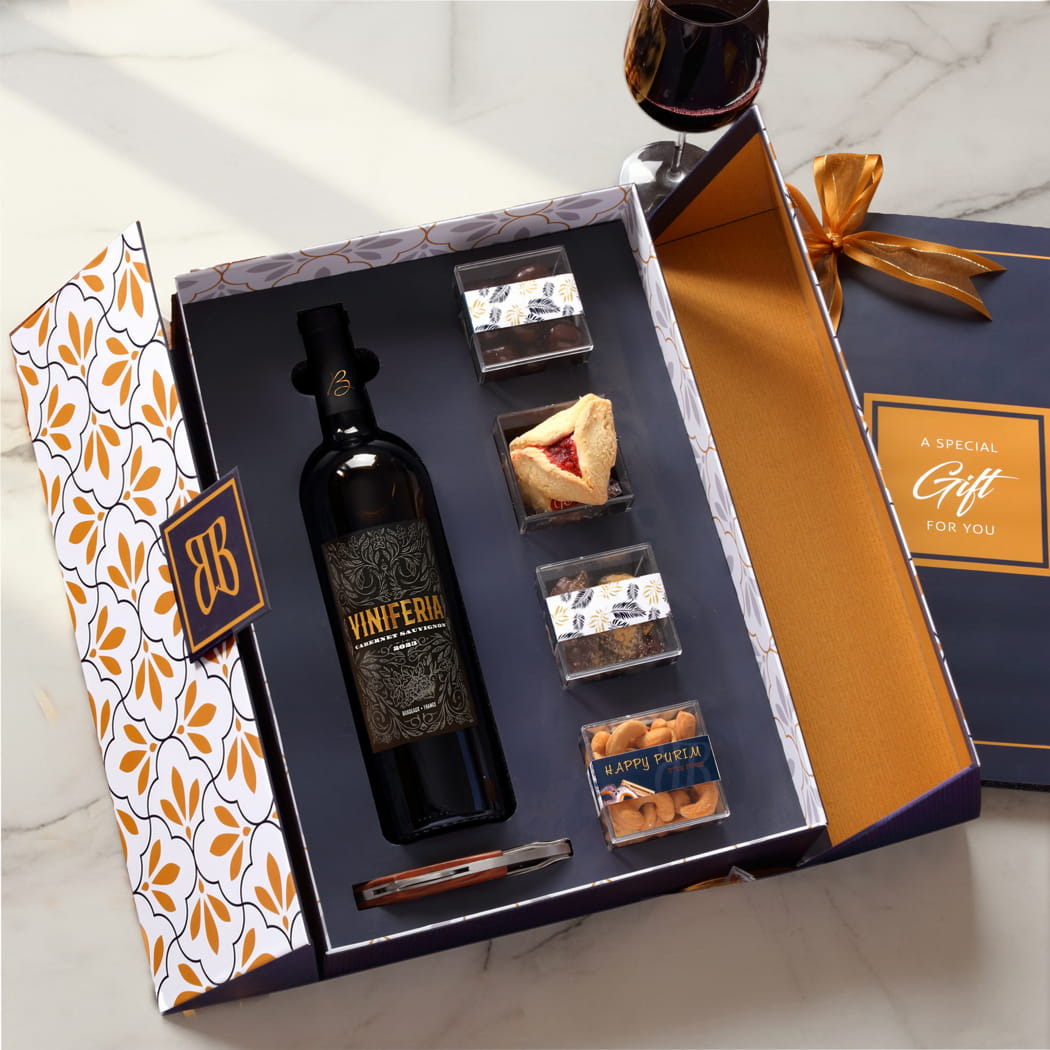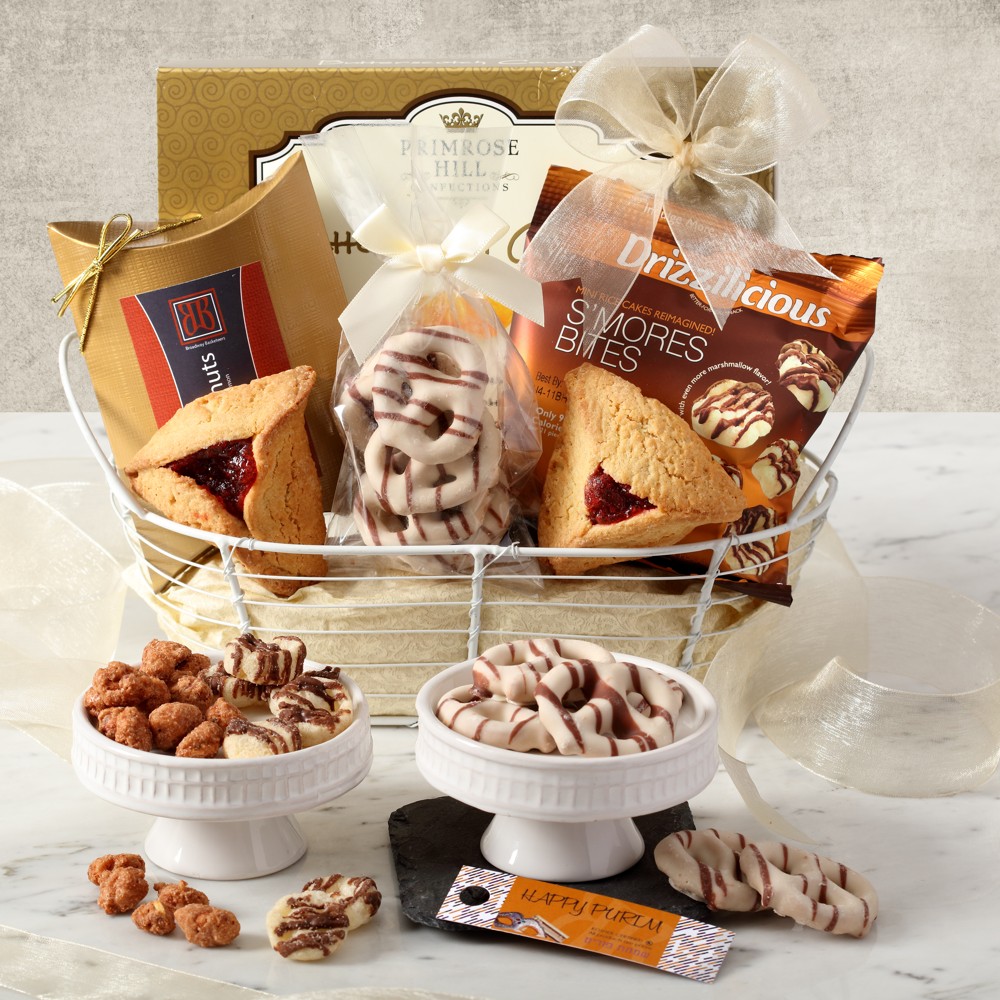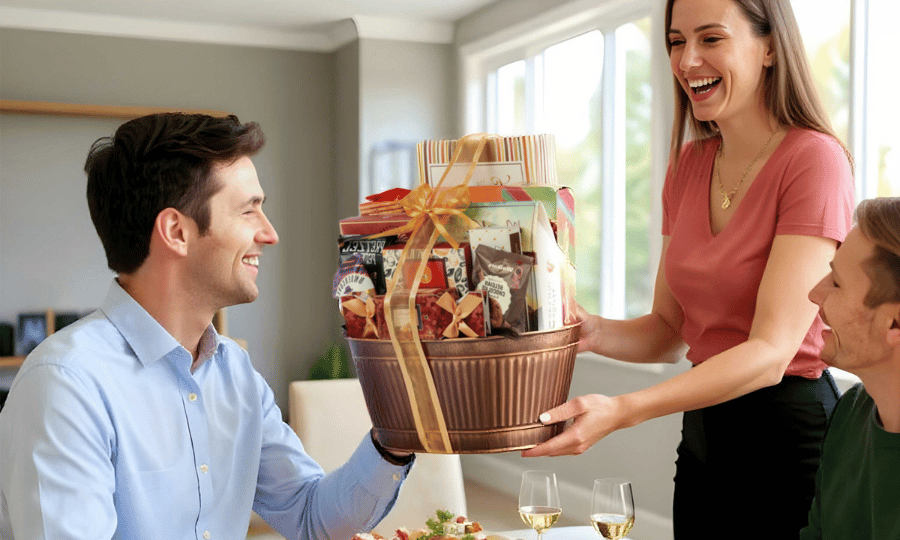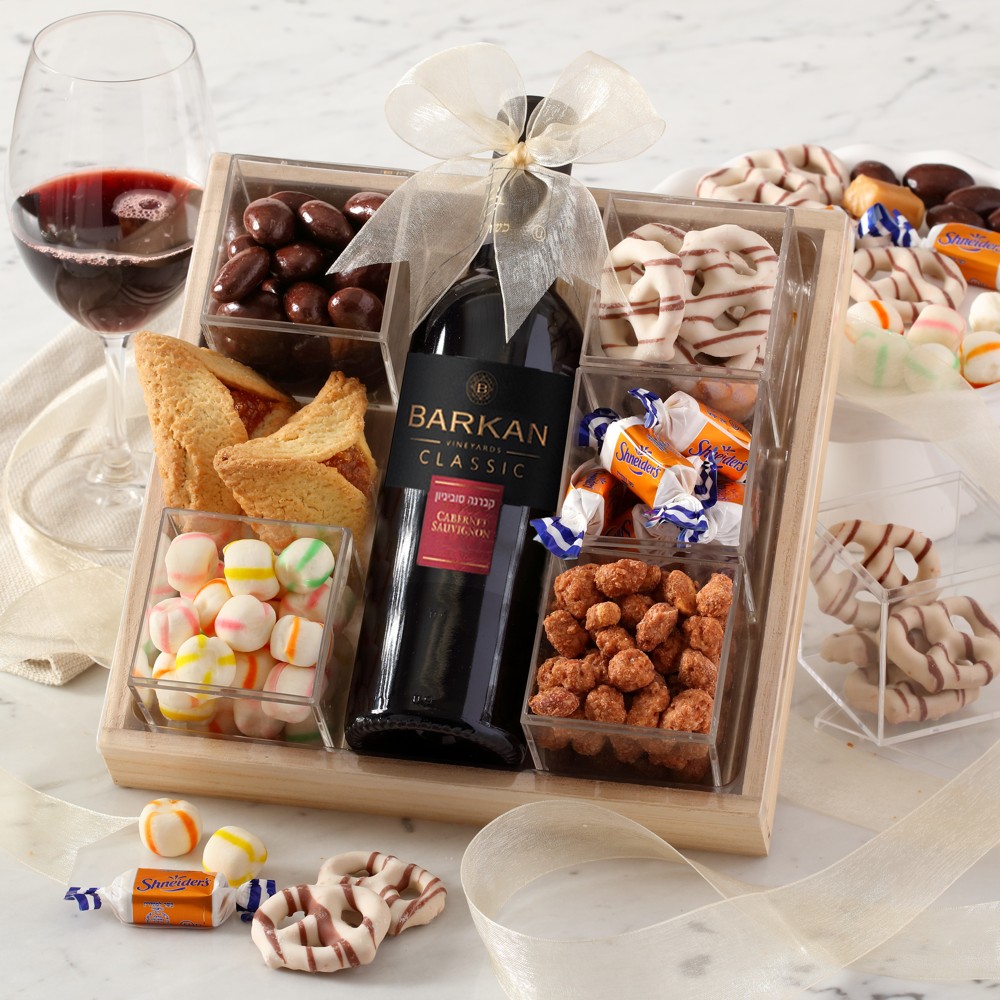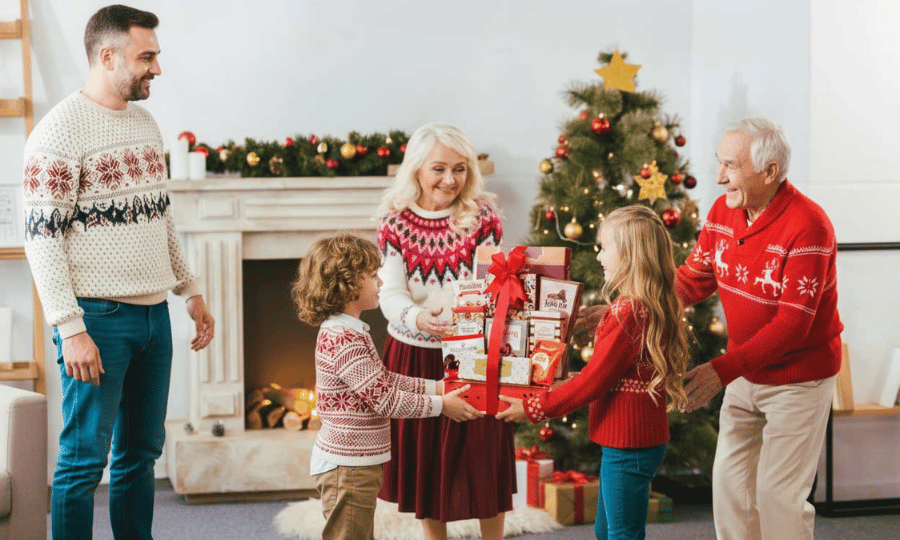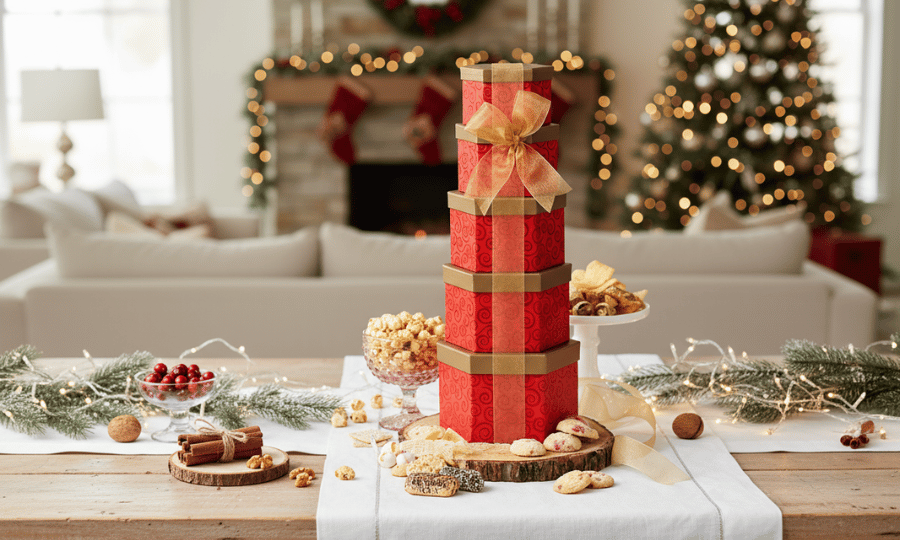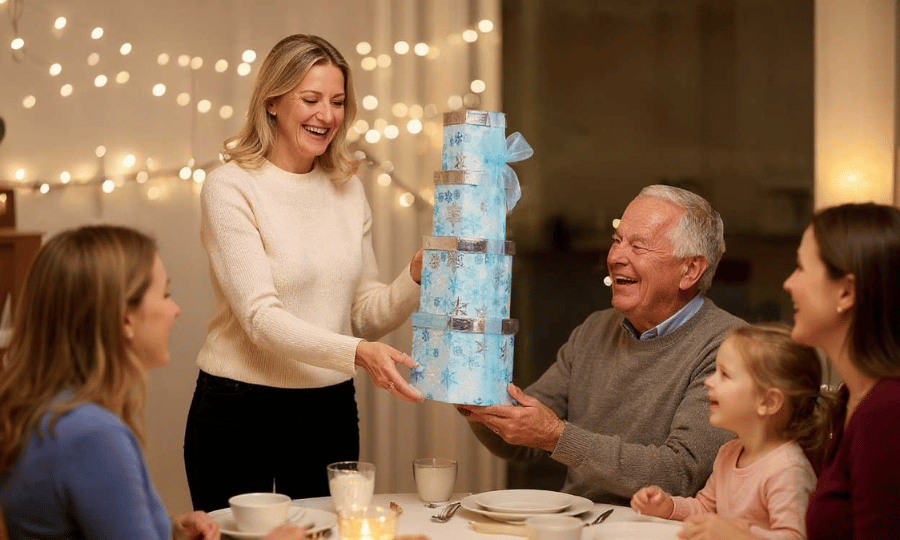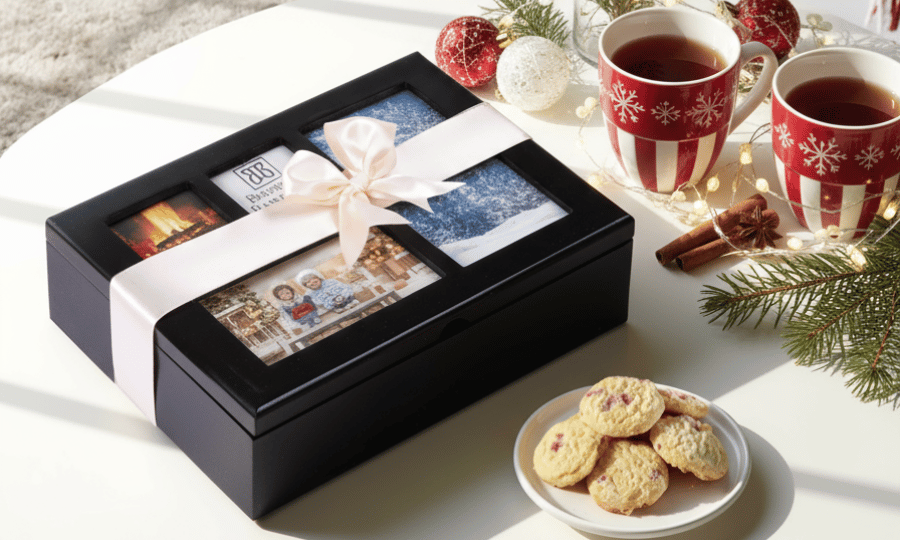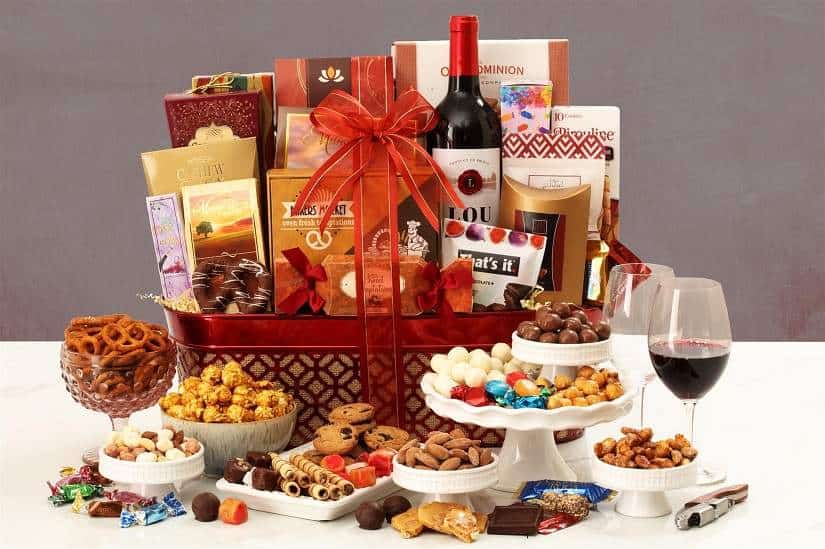What is Hanukkah?
Hanukkah, also known as the Festival of Lights, is an eight-day Jewish holiday that celebrates the rededication of the Second Temple in Jerusalem during the second century BCE. The word Hanukkah means “dedication” in Hebrew, symbolizing the triumph of light over darkness and faith over adversity.
The story of Hanukkah begins with the Maccabees, a small group of Jewish warriors who led a successful revolt against the Seleucid Empire. When they reclaimed the Temple, they found only enough consecrated oil to keep the Temple’s menorah, the seven-branched candelabrum, burning for one night. Miraculously, that small amount of oil lasted eight days, which is why Hanukkah is celebrated for eight nights each year.
At its heart, Hanukkah is a joyful time to remember this miracle, celebrate resilience, and share light, both literally and symbolically. Over the course of eight nights, Jewish families around the world light the menorah, say blessings, and come together to honor the miracle of Hanukkah.
What happens on the 8 days of Hanukkah?
Each of the eight nights of Hanukkah holds its own meaning and rhythm, but the core rituals remain the same throughout the festival. The most recognisable tradition is lighting the menorah (or hanukkiah), a nine-branched candelabrum.
On the first night, one candle is lit alongside the central shamash (helper) candle, which is used to light the others. Each subsequent night, another candle is added until all eight candles shine brightly on the final evening.
Before the candles are lit, families recite special blessings that thank and praise God for the miracle of Hanukkah. The menorah is usually placed in a window or doorway, spreading its light for all to see as a symbol of hope and faith.

When is Hanukkah 2025?
In 2025, Hanukkah will begin at sundown on Sunday, December 14, and end at nightfall on Monday, December 22.
Because the Jewish calendar is based on lunar cycles, Hanukkah falls on different dates each year in the Gregorian calendar, though it always begins on the 25th day of the Hebrew month of Kislev. This means the festival can sometimes start in late November or as late as the end of December.
How is Hanukkah celebrated?
Hanukkah is a time for joy, light, and togetherness. While its origins are deeply rooted in Jewish history, the way it’s celebrated today beautifully blends ancient tradition with modern family customs. Each night brings opportunities to reflect on faith, enjoy festive foods, and share the warmth of the season with loved ones.
Traditional Hanukkah foods
Food plays a deliciously important role in Hanukkah celebrations. Many traditional dishes are fried in oil, symbolising the miracle of the oil that lasted eight days in the Temple. Popular favourites include latkes (crispy potato pancakes served with applesauce or sour cream) and sufganiyot (jelly-filled doughnuts dusted with sugar).
Families might also prepare brisket, roasted vegetables, or kugel, depending on cultural background and personal tradition. Whatever the menu, the focus is always on sharing hearty, comforting meals that bring people together.
Festive and family traditions
Hanukkah is just as much about fun and family as it is about faith. One of the most beloved traditions is playing dreidel, a spinning top game marked with Hebrew letters that represent the phrase “A great miracle happened there.” Small chocolate coins, known as gelt, are often given as prizes.
Gift-giving has also become a popular part of Hanukkah celebrations, with families exchanging thoughtful presents or treats each night. Some choose to give small Hanukkah gifts for the first seven nights and something more special on the eighth.
Speak traditional prayer
Prayer is an important part of the Hanukkah tradition, connecting families to the miracle at the heart of the holiday. Each night, blessings are recited before lighting the candles on the menorah. On the first night, three blessings are said, and on the following nights, two are recited.
The prayers thank God for the miracles performed for the Jewish people, the commandment to light the Hanukkah candles, and the opportunity to celebrate this season of light. As the candles are lit, many families also sing songs such as Ma’oz Tzur (Rock of Ages) and reflect on the enduring themes of faith, freedom, and hope.
 Symbolic traditions
Symbolic traditions
Many households decorate with blue and white themes, hang Star of David ornaments or dreidel garlands, and set their tables with festive Hanukkah décor. Some families also sing traditional songs, tell the story of the Maccabees, or take part in community menorah lightings, which bring the wider Jewish community together to celebrate the Festival of Lights.
Many families also practice tzedakah, or charitable giving, during Hanukkah as a heartfelt way to help others in need and share the light of the season even further.
Celebrate the light of Hanukkah
Hanukkah is more than a holiday. It’s a celebration of perseverance, hope, and the enduring power of faith. The simple act of lighting candles each night serves as a reminder that even the smallest flame can brighten the darkest moments.
Whether you’re honoring long-held family traditions or discovering new ones, Hanukkah is a time to gather with loved ones, share delicious food, exchange thoughtful gifts, and reflect on the miracles in our lives.
As the menorah glows and songs fill the air, may the light of Hanukkah inspire warmth, kindness, and joy in every home.

